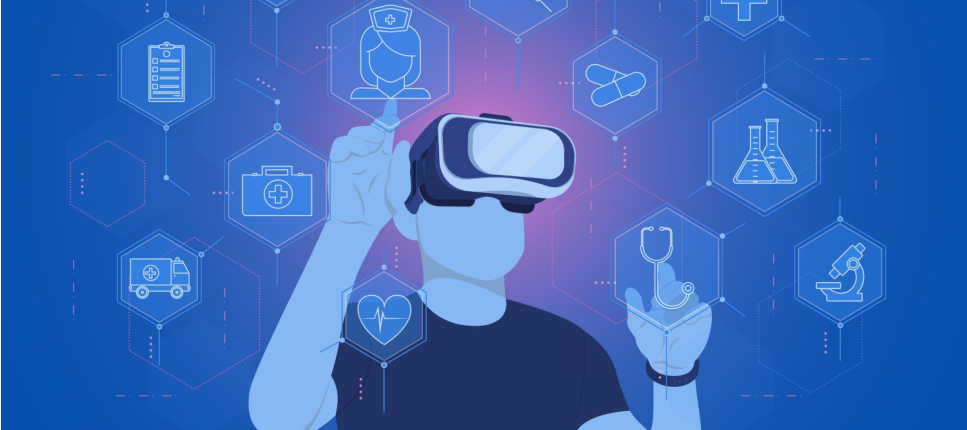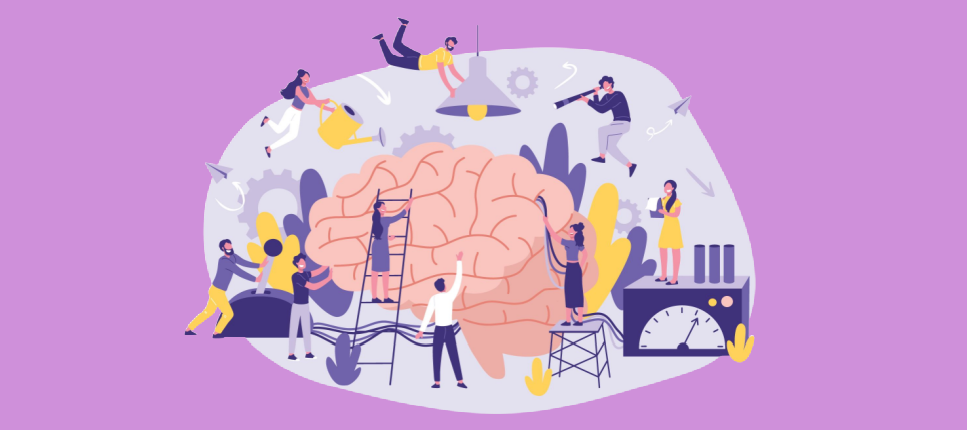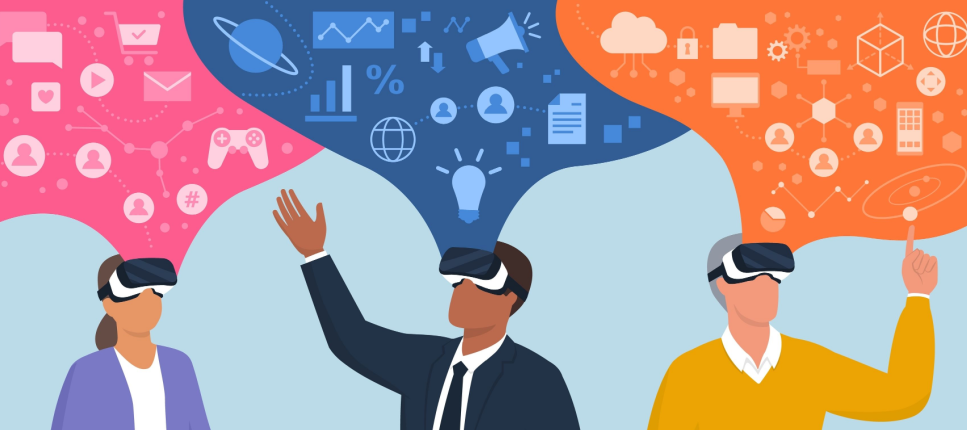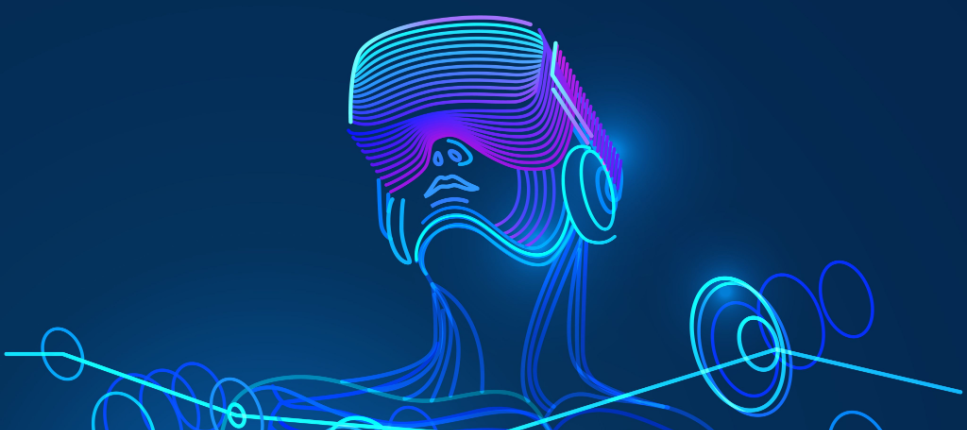 Catherine Meilleur has over 15 years of experience in research and writing. Having worked as a journalist and educational designer, she is interested in everything related to learning: from educational psychology to neuroscience, and the latest innovations that can serve learners, such as virtual and augmented reality. She is also passionate about issues related to the future of education at a time when a real revolution is taking place, propelled by digital technology and artificial intelligence.
Catherine Meilleur has over 15 years of experience in research and writing. Having worked as a journalist and educational designer, she is interested in everything related to learning: from educational psychology to neuroscience, and the latest innovations that can serve learners, such as virtual and augmented reality. She is also passionate about issues related to the future of education at a time when a real revolution is taking place, propelled by digital technology and artificial intelligence.
The Advantages and Potential of Virtual Reality: Test Your Knowledge!
Do you know the advantages of virtual reality (VR) for training professionals? Can you tell what forms the feeling of presence in this immersive environment takes? Do you know that certain technologies can be integrated into VR to enhance it? Do you have an idea of how VR can be integrated into medical training and what therapeutic purposes it can serve? Test your knowledge by answering the following five questions.








